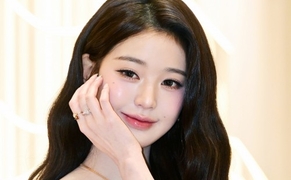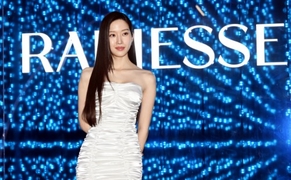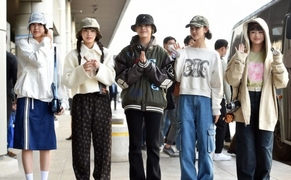 |
| Jung Chung-rae, leader of the Democratic Party of Korea, speaks at a briefing on development initiatives for the Honam region at the National Assembly on November 20. / Source: Yonhap News |
A proposal within the Democratic Party of Korea (DPK) to equalize the voting weight of delegates and registered party members—moving to a 1:1 ratio—has triggered debate over whether party leader Jung Chung-rae is positioning himself for re-election or seeking to tighten control over the party structure.
According to political insiders on November 20, the party has conducted a full-membership vote to gather opinions on amendments to its party constitution and rules. Members were asked about introducing one-person-one-vote for delegates and dues-paying members, implementing a 100% membership vote when four or more candidates run, and allowing party members to vote on ranking proportional representation candidates in local councils.
The most contentious point is abolishing the rule that limits the delegate-to-member voting ratio to under 20:1 in elections for party leader and supreme council members. The change would significantly reduce the influence of delegates and shift party decision-making toward rank-and-file members—a move some see as laying groundwork for Jung’s future political ambitions, given that he himself was elected with strong support from party members.
If Jung secures another term as party leader, he would also gain control over nominations for the 2028 general election, potentially expanding his factional influence. Some observers argue this could even open a path toward a future presidential bid. The fact that the vote took place while President Lee Jae-myung was abroad has fueled speculation that the process reflects Jung’s strategic intent.
The party leadership, however, maintains that the initiative is part of Jung’s campaign pledge to strengthen “party-member sovereignty.” Chief Spokesperson Park Soo-hyun said the full-membership vote is “the first step toward creating a party centered on its dues-paying members,” adding that around 1.647 million members who have paid dues for at least one month are eligible to participate.
Still, the pro-Lee faction’s “Democratic Innovation Council” criticized procedural inconsistencies, noting that notice was given to “October dues-paying members,” a standard that differs from existing regulations. The group called for “clear explanation and accountability” regarding the confusion, emphasizing that democratic procedures must be principled and transparent.
Some political analysts argue that the situation differs distinctly from the earlier “O-dea-myeong” era (short for “the presidency is inevitably Lee Jae-myung”), when Lee faced virtually no internal rivals. By contrast, Jung faces multiple potential challengers. These include Rep. Park Chan-dae, who outperformed him in the party-member vote during the leadership race; Prime Minister Kim Min-seok, widely discussed as a possible Seoul mayoral contender; and Seoul Dong-gu District Mayor Jeong Won-oh, often referred to as “Little Lee Jae-myung.” Several figures who declared presidential bids in the past could also emerge as buffers in the coming leadership contest.
Most Read
-
1
-
2
-
3
-
4
-
5
-
6
-
7





















